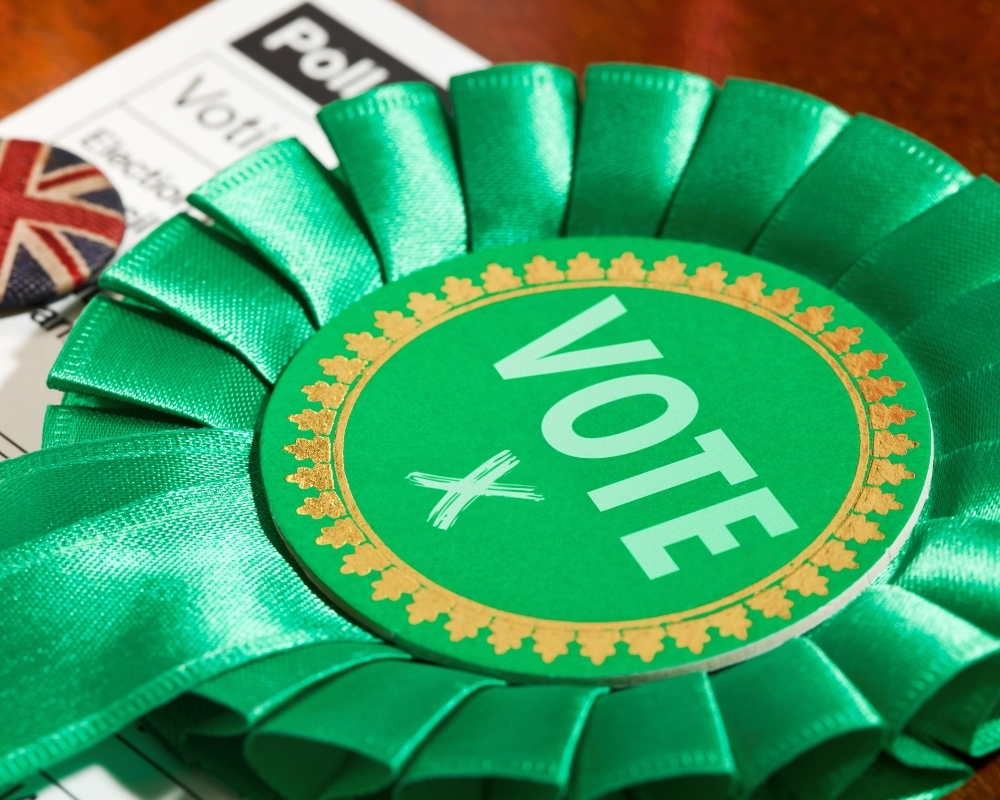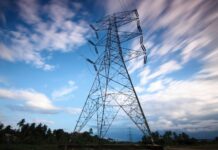A lot of digital ink has been spilled on analysing this month’s elections: were they a vote of confidence on Westminster’s handling of the pandemic? A mandate for a referendum on Scottish independence? A comment on Labour’s new leadership? But most of the column inches ignore the quiet success story of the Green Party.
In England, the Greens celebrated local election wins up and down the country, while in Wales they celebrated record results in the Senedd elections. In Scotland, the Greens returned eight MSPs, their highest number ever, and are likely to punch above their weight during this parliamentary term. The new Green MSPs have ensured a comfortable pro-independence majority at Holyrood, lending weight to any future bid for a second independence referendum.
But what does this success tell us? There is evidence that the pandemic has changed our priorities. Last year, the House of Commons set up the Climate Assembly, a sort of giant focus group to gauge public opinion on climate action. Over a hundred people participated, deliberately selected to have a wide mix of backgrounds and opinions. Eight out of ten said that any measures taken for the recovery of the economy should be designed to help the UK reach its target of net zero emissions by 2050.
A staggering 93% felt that the Covid “pause” should be taken as an opportunity for individuals to switch to lower-carbon lifestyles, and that government should shape behaviour through incentives and penalties.
The Conservatives have promised an economic recovery that “enables the transition to net zero”, but not all government decisions in the past year have not been in line with this ambition. Expansion of Heathrow is now likely to go ahead, after a legal battle in which the Court of Appeal ruled that the plans for a third runway were incompatible with the Paris climate agreement. (This decision was overturned by the Supreme Court.) A £27bn road investment plan is also likely to go ahead, as transport secretary Grant Shapps ignores the advice of his own civil servants that the environmental impact has not been sufficiently considered. And the government has said that it will not block plans for the UK’s first deep coal mine in 30 years, despite a petition signed by over 11,000 people.
The determination to press on with projects that actually increase fossil fuel emissions is in unfortunate contrast to the government’s approach to greener schemes. The Green Homes Grant was quietly scrapped after just six months, for no apparent reason, and now there is very little in place to tackle the 14% of emissions that come from housing.

The Emergency Active Travel Fund was a practical measure that fuelled a 50% increase in bike sales, through the creation of safe cycling routes. The change in our travel habits was one of the reasons why emissions fell by a third at the height of lockdown, and supporting this transition through making the temporary infrastructure permanent would have been a very cost-effective and easy way to tackle emissions. Unfortunately, many councils have been removing their pop-up cycle lanes as a knee-jerk response to complaints and the government has done nothing to support the idea of making them more permanent.
Meanwhile, 2020 was yet “another unprecedented year of extreme weather and climate disasters”, as the UN Secretary-General put it. Is it any wonder that people are using their votes to convey a sense of urgency on climate issues?
There may also be another reason for the move towards the Green Party. The slogan in Prime Minister Boris Johnson’s flagship conference speech last October, “build back better”, was stolen from a grassroots campaign asking for a lot more than just new wind turbines. The original Build Back Better, formed early in lockdown, called for transformative change, tackling inequality and building solidarity across borders. This echoes the Green Party policy of “building a future that is green and equal”.
It’s a far cry from a country where footballers have to campaign to feed hungry children over the school holidays, and we stockpile so much vaccine that our surplus doses would vaccinate the entire world’s frontline health workers twice over.
Perhaps the rise of the Green Party is a sign that in 2021, people want more than just business as usual. It is a shift in attitude that no political party should ignore.













